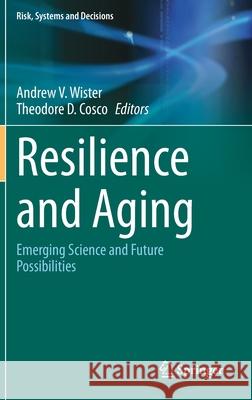Resilience and Aging: Emerging Science and Future Possibilities » książka
topmenu
Resilience and Aging: Emerging Science and Future Possibilities
ISBN-13: 9783030570880 / Angielski / Twarda / 2021 / 275 str.
Resilience and Aging: Emerging Science and Future Possibilities
ISBN-13: 9783030570880 / Angielski / Twarda / 2021 / 275 str.
cena 602,40
(netto: 573,71 VAT: 5%)
Najniższa cena z 30 dni: 578,30
(netto: 573,71 VAT: 5%)
Najniższa cena z 30 dni: 578,30
Termin realizacji zamówienia:
ok. 22 dni roboczych.
ok. 22 dni roboczych.
Darmowa dostawa!
Kategorie:
Kategorie BISAC:
Wydawca:
Springer
Seria wydawnicza:
Język:
Angielski
ISBN-13:
9783030570880
Rok wydania:
2021
Wydanie:
2020
Numer serii:
000782886
Ilość stron:
275
Waga:
0.58 kg
Wymiary:
23.39 x 15.6 x 1.75
Oprawa:
Twarda
Wolumenów:
01
Dodatkowe informacje:
Wydanie ilustrowane











